EM@3AM: Leukopenia
EMDocs
JANUARY 25, 2025
PCP Pneumonia, Sepsis) can be discharged with initiation of Antiretroviral Therapy in consultation with Infectious Disease (ID) physician with full ID evaluation outpatient. BioMed Research International, 2020, 1-10. Journal of Research in Pharmacy Practice, 6(1), 31. Journal of Blood Medicine, Volume 13, 243-253. link] Lu, W.,

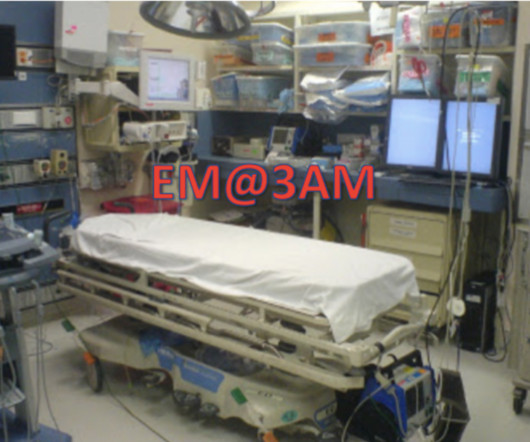






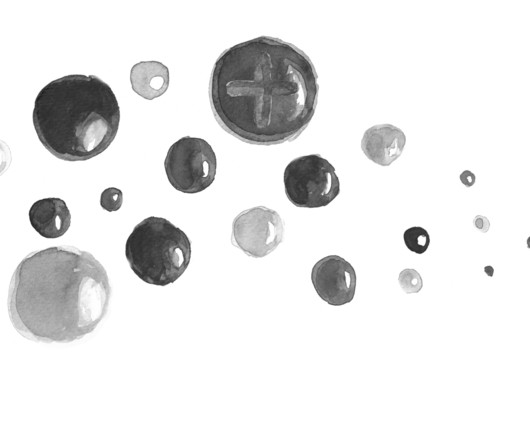

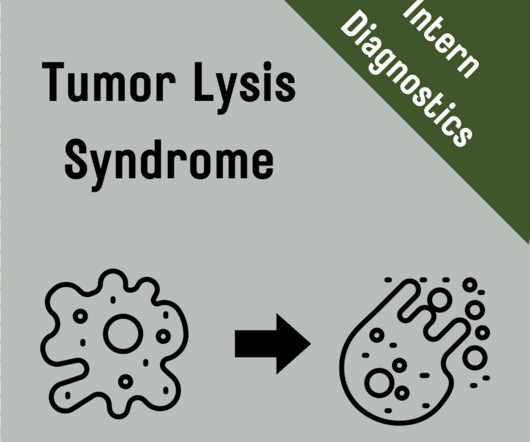
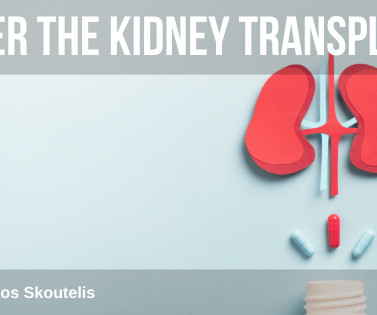
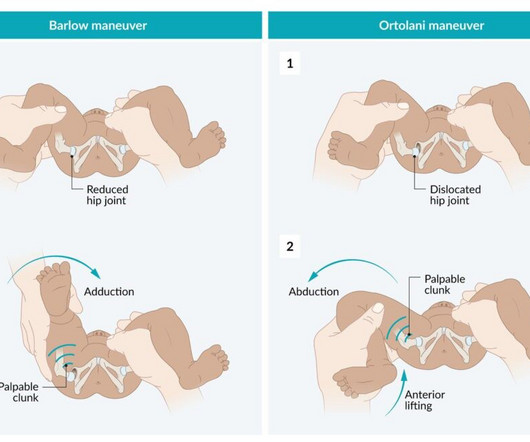






Let's personalize your content